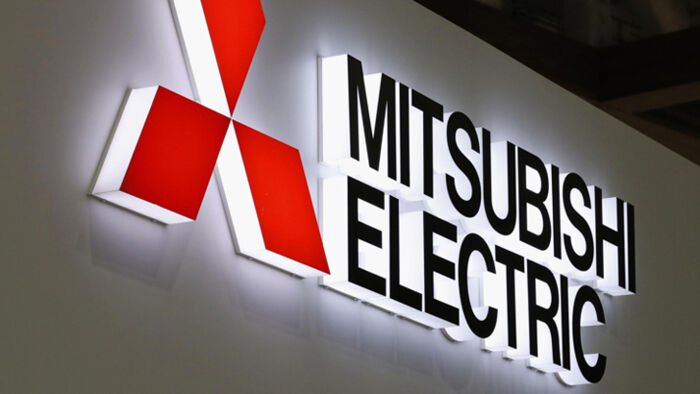Why you should buy Mitsubishi Electric shares
Mitsubishi Electric (ME) is one of Japan's largest industrial conglomerates with a highly diversified product range. Their scale and operational breadth are partly what attracted us to ME as diversification helps insulate the group from underperformance in any given business unit. That said, we are also attracted to the prospects of two key divisions.
The home appliances segment, which is one of the world's largest air-conditioner manufacturers, continues to play a crucial role in the company's decarbonisation efforts.
As the crown jewel asset, ME's Industrial Automation margins also continue to improve off cyclical lows and there is plenty more upside to the division margins should ME manage to achieve its target of more than 10%.
Hence, while the stock has had a strong run, we think there is still decent prospective returns to be made given reasonable upside to margins, a still undemanding valuation (about 1x EV/IC), and an exceptionally strong balance sheet.
Their FY25 goals are for ¥5 trillion ($AUD55 billion) in sales and 10% EBIT margin. These look optimistic given they imply some divisional margins which look very high vs history - but even if we assume more conservative mid-cycle level margins, we get good upside from here - can justify the ¥1780 ($AUD19.81) price levels vs the current ¥1550 ($AUD17.25) price.
What Mitsubishi Electric does?
ME is a Japanese multinational electronics and electrical equipment manufacturing company headquartered in Tokyo, Japan. The company is made up of five main segments.
The energy and electric systems segment includes railway lifecycle management solutions, network camera systems, escalators and elevators.
The industrial automation systems segment has servers, electric power steering motors and controllers and car navigations systems among others.
The information and communication systems segment provides wireless communication equipment, satellite solutions and network security systems.
The electronic devices segment has the semiconductor and device businesses and provides power modules and optical devices or optical communication.
The home appliances segment includes home air conditioners and refrigerators, lighting fixtures and bulbs.
Strategy and outlook
As one of the world's largest manufacturers of air conditioning units, ME will play a leading role in supplying some of the most energy efficient units to help drive down global GHG emissions. To demonstrate its commitment to reducing GHG emissions, ME has announced a net zero GHG target by 2050.
As one of the world's largest suppliers of electrical components to the transport industry, ME will also be front and centre in the electrification of various transport modes around the world.
Additionally, ME should benefit from the likely increased demand for automation solutions as the world faces major demographic headwinds and shrinking labour pools.
ME screens very favourably in the social and environmental pillar of our ESG framework given the immense societal benefit of ME's products and services, particularly as global economies begin transitioning to 'new normals'.
Returns
The third quartter result demonstrated strong top-line momentum (about 11% constant currency), with trends down the P/L helped by decent margin improvement (about 175bps). Financial year EBIT guidance was also re-affirmed.
Revenue increased with pricing a significant contributor about 3% growth which was an acceleration of approximately 2% in the second quarter. This fell right through to the bottom line and, for the first time this FY, more than offset input cost inflation.
Get stories like this in our newsletters.



